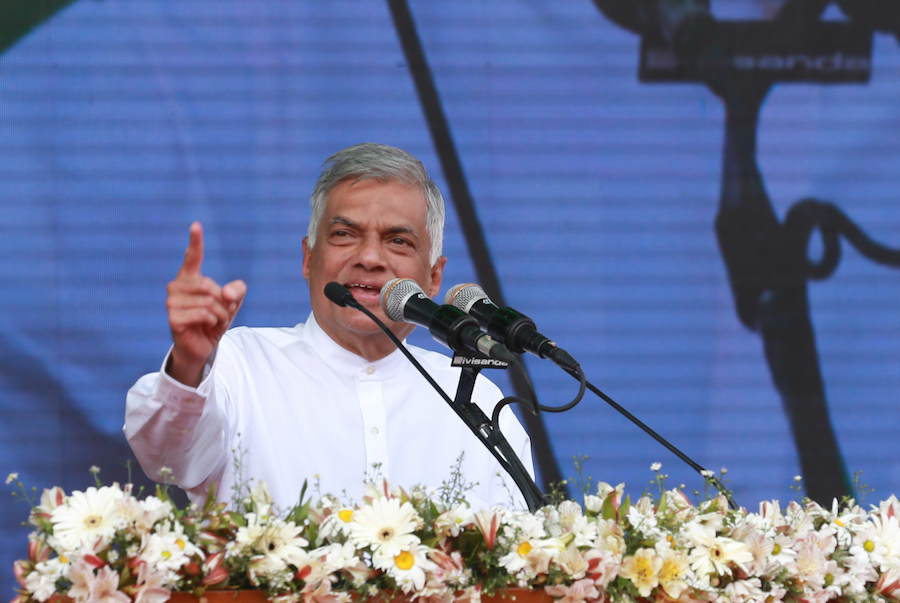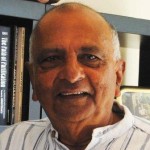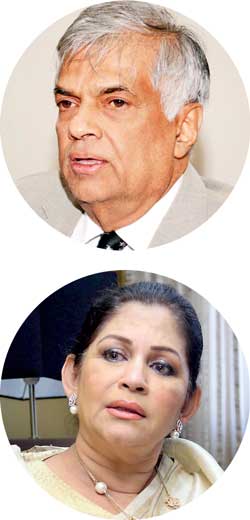-tas-1.jpg)
by Laksiri Fernando-January 31, 2018, 10:14 pm

"Democracy’s foundations remain weak and unstable as long as status inequalities contradict formal political equality." - Thomas Meyer (The Theory of Social Democracy)
The urgent need in Sri Lanka, given the present circumstances, is to move firmly and committedly towards social democracy. Simply said, social democracy is about extending democracy from the political to the economy and society. Do we have democracy? Formally speaking, we do have democracy in the political sphere since 1931 when the universal franchise and a legislative council were introduced to this country, yet deformed with imperfections and wilful assaults.
Extending Political Democracy
There is no question that political democracy should be extended and the infirmities should be addressed to call Sri Lanka a reliable liberal democratic system. The necessity for a New Constitution primarily emerges from this requirement, nevertheless overlapping with the need to extend democracy from the political to the economy and society.
As far as democracy is not extended to the economy and society, the infirmities in the political sphere would remain, whether at the national, the provincial or the local level. These are the three tiers of our political superstructure.
Although no one has paid much attention, the failure to resolve the ethnic question even after the 13th Amendment was largely due to this fact. This would remain primarily the same even if a new constitution is adopted and democracy is further extended to the provinces, without extending to the economic/social sphere. The present rift between the TNA and the EPRLF is probably symptomatic of this predicament. This does not mean that a new constitution is premature, but the country and even the new constitution should go beyond the political sphere to address democracy at the economic/social level.
It is a wrong notion to say that deepening democracy at the political level should be completed before extending democracy to the economic/social sphere. It has to be started here and now. Otherwise, under the given circumstances, what have been initiated since January 2015 would be in utter jeopardy.
A Historical Paradox
It is true that when you look at the history of democratic evolution, it started in the political sphere first and then only it became partially extended to the social sphere. This is the history of Western social democracy. The first wave was liberal democracy and the second one social democracy. However, the social democratic venture has encountered so many setbacks and difficulties in the period beginning neoliberalism. It is almost reversed in some countries. Only recently that there are new signs of its re-emergence. Jeremy Corbyn (Britain), Martin Schulz (Germany), Bill Shorten (Australia), Jacinda Arden (New Zealand) and Bernie Sanders (US) are much hope.
One may argue that countries like Russia or China had started the process in the reverse order, due to socialist revolutions. Russia in its efforts to venture into liberal democracy in recent decades, has jeopardised the social or socialist achievements. That is their present predicament. Even the liberal democracy installed is also not working properly. This highlights the difficult question of ‘balancing between the two.’
No country has so far found what could be the correct balance between political democracy and social democracy. Not even the Scandinavian countries. This can be one reason why China is venturing in rather a slow manner in the political direction. There are of course other factors involved, and ‘economic opening up’ has also damaged some of the social gains.
This is the main reason why any country, let alone Sri Lanka, should venture in this ‘combined or dual task’ in a paced manner. For example, if a party like the JVP manages to achieve a political revolution in the country, what would happen to political democracy? Whatever their good intensions, the result would be the curtailment of political democracy, if not a total disaster.
Therefore it is not through ‘revolution’ that social democracy or socialism should be achieved, but through democratic means and channels. Would this mean a postponement of the task or delaying tactics? It should not be the case. If the political leaders, the political parties and the people at large have a good grasp of the situation, the combined task cannot be a difficult venture.
Our Circumstances
Sri Lanka is in a best position to achieve social democracy without abandoning the liberal democratic gains. It is on the basis of the achievements in liberal democracy in the 1930s (universal franchise, legislative council and political parties) that the country could move towards some social welfare measure in the 1940s, free education being the cornerstone.
This was the same after independence, although the erosion or lack of ‘liberal values’ in the cultural/ethnic sphere resulted in major disasters. Given the colonial influence in the country, nationalism is a natural outcome. Even otherwise, some patriotism is necessary in any country. However, there was/is no need for ethno-nationalism, if the country was/is firmly grounded on a social democratic or liberal ideology. This is an area where the combination is necessary. This is a task for enlightened political parties. We should not unnecessarily be limited to the ‘Left’ parties, which have unfortunately become small groups.
Moving towards social democracy is largely an economic matter. Do we have such conditions? International experiences have shown that ‘free market’ or ‘free trade’ is not necessarily an impediment in building social democracy. What is detrimental is its extreme form or ‘neo-liberalism’ which opposes or neglects the role of the state. Particularly in a developing country, there are vast areas that cannot be covered by the private sector or the market.
Even otherwise, there are areas which should best be managed not by ‘profits’ but by values. Health and education are two such areas. Social security is obviously another. There are other areas where the state intervention or welfare is necessary for social justice. These are some basic premises of social democracy. Even for economic growth, ‘Two Engines’ of the public-private partnership might be the best. This partnership (PPP) however should not mean that the state assisting some business ventures as mostly happening today in Sri Lanka through political connections.
There is no economic rule that makes state enterprises necessarily unproductive. That depends on the management model that they employ and mostly it is a result of political influence and interference. The role of the state is important in building social democracy. However, it should be a more enlightened, corruption-free and politically and ethnically impartial state.
There can be an argument that social democracy cannot properly be built in a poor country. There can be some truth in it. However, Sri Lanka is not such a poor country. It has come to the lower middle income level today.
Development Prospects
There are prospects of further economic development in Sri Lanka. It is already a$ 85 billion economy. Given the size of the country, its location, population and educational standards, there cannot be much difficulty indeveloping it properly, if a ‘Two-Engine Growth’ model is adopted and proper national planning is ensured. There is enough room for both the private sector and the state sector. What should be avoided is unnecessary competition and overlap, except in the case of agreed public-private-partnership (PPP).
For example, Dr Neville Fernando should not have been allowed or encouraged to start a medical college. University education should be in the public sector. It is understandable that his love and expertise is in the field of medical science. It was not his mistake. He should have been promoted to invest in producing medical equipment or medicines, or invest completely in a different field. What might be necessary is rationally demarcated areas for the private and the public sector.
Sri Lanka requires a well-planned economic development and not ad hoc decisions. For example, instead of a Megapolis in the Western Province, the country needs Smart Cities, surrounded by Happy Villages in all provinces. The disparities between provinces have enlarged because of ad hoc and arbitrary decisions. While the free market is allowed and encouraged, the infrastructure planning should be by the state.
Sri Lanka requires her own ‘Belt and Road’ initiative mainly inside the country in a planned manner. Chinese assistance or input might be useful in this respect even to extend that into ‘Air.’ It is not possible to anticipate a major export growth without developing the country’s infrastructure. Both should go hand in hand like in China. The past infrastructure and other developments have been confined to the Western and the Southern province for political reasons. It is this ‘Western’ development that has created immense disparities in the country which urgently requires a new policy orientation towards social democracy.
Urgent Need
Gini Coefficient (GC) is the reliable method of gauging a country’s income and economic disparities. It is calculated between 0 and 1 or 1 and 100. It is always better to use the latter (percentages) as it is easy for the public to comprehend. In such an index, 1 percent is perfect equality and 100 percent is complete inequality. Our authorities also should use this calculation or convert the present decimal data in that way for the public to understand.
It is practically impossible or quite ‘utopian’ to have perfect equality. It is also not necessary. However, through moderate social democratic polices there were countries who even achieved the GC below 20 percent in the past.This is not the case at present given the pressures of ‘neoliberalism.’ However, still some countries (Finland, Iceland, Sweden, Denmark) maintain a percentage below 30, along with some former Eastern European socialist countries. In the case of Australia, the present GC is around 32.30 percent.
It is quite disturbing to note that social inequalities have widened in Sri Lanka during the last three decades. The following are the available overall GC figures for Sri Lanka: 1985 - 32.50; 1990 - 32,50; 1995 - 35.40; 2002 - 41.00; 2005 - 40.30; 2010 - 36.40; 2015 - 39.20. There are all indications that the index is above 40 percent today. This was the case even before, when it was calculated for the monthly expenditure of households. The GC is highest in the urban sector, compared to the rural and the estate sector. Sri Lanka’s overall GC is even higher than India.
It is true that when a country attempts to develop its economy rapidly,under present circumstances, the inequalities would widen or the GC would go up. This happened even in the case of China. However, during the last decade, it has been brought down from 50 percent to 45 percent. There is more to be done in China in this respect.
The latest household statistics reveal that the income gaps in the country have widened. The bottom 20 percent is left with only 4.8 percent of the national income while the top 20 percent entertaining 50.8 percent of the whole. This also means that 80 percent of the population shares only 48.2 percent of the total income.
Essential Features
Bringing down social inequalities or GC is only one aspect of social democracy. Major reasons for the existing social inequalities are the illicit economy, illegitimate money making, tax evasion, and deficiencies in tax policies favouring the superrich. Others are (1) the underdevelopment in agriculture and the rural sector in general (2) pervasive underemployment in marginal sectors and in the government services and (3) the underutilization of labour/entrepreneurship of youth and women.
This means while the rich are given a free hand in profit and money making, the poor are underutilized in gainful employment/enterprises through neglect.
The objective of social democracy is to construct reasonably a prosperous economy and a society with social justice and human rights in all spheres of economic, social, political, cultural and civil rights. There is an urgent need to develop policy guidelines in all these areas giving priority to public education, public health, social security (unemployment, age, disability), women and child welfare and many others.
While social security in certain areas (i.e. unemployment) might be considered a ‘makeshift’ arrangement, the primary effort should be to engage all able citizens in productive employment and enterprises. Social democracy is not mere ‘welfare state’ to mean welfare dependency or handouts. While there are rights, there are duties and responsibilities. Social democracy is a social movement to voluntarily mobilize human efforts in building a socialist society. Such a movement or policies could only be built through a committed leadership, a party/parties, elected representatives, intellectual involvement and popular participation.
Social democracy is also about taking democracy into the micro level of the individual, family, neighbourhood, school, factory/office, political party and into the political culture and the social value system. Even it should apply in religious organizations (temple, mosque and church). Most important might be at this juncture is initiating a broad discussion in developing such an ideology, perspective and a policy framework taking forward the existing understanding of social democracy.
 31Jan 2018
Sri Lankan military personnel continue to be seen in significant numbers around Myliddy TB hospital which was recently 'released' by the army.
The continued military presence has prevented the hospital from being renovated and being used as a public hospital, locals said.
31Jan 2018
Sri Lankan military personnel continue to be seen in significant numbers around Myliddy TB hospital which was recently 'released' by the army.
The continued military presence has prevented the hospital from being renovated and being used as a public hospital, locals said.
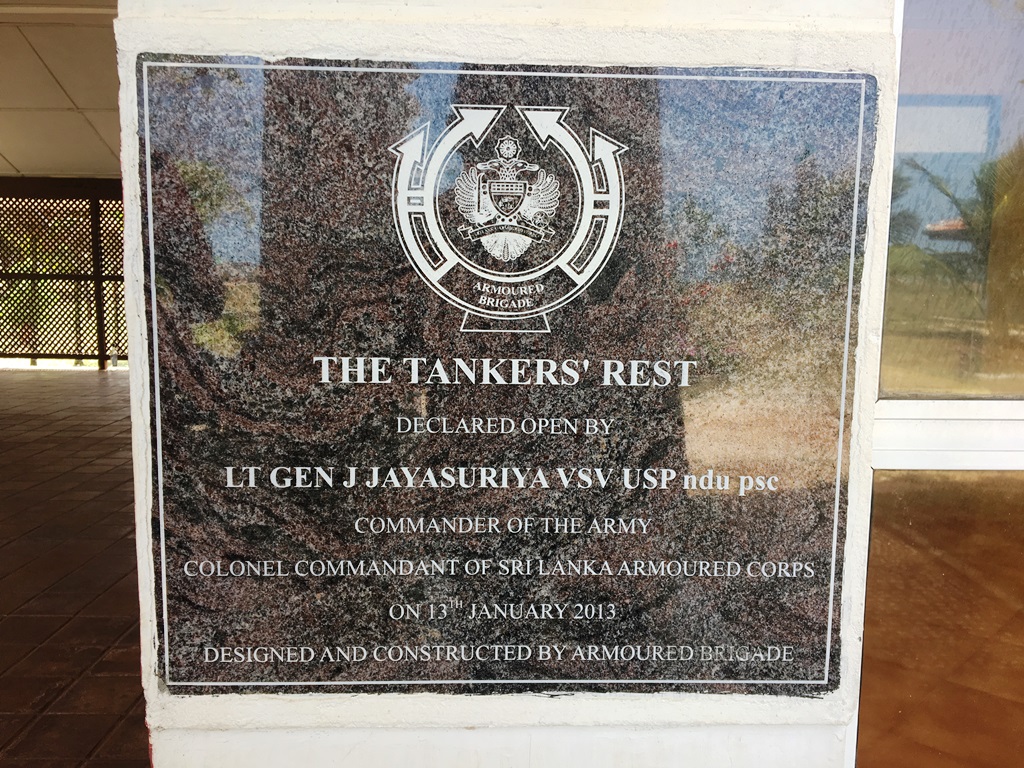 Myliddy TB hospital has been under military occupation for 27 years. The mliitary had demolished and rebuilt parts of the hospital to make it into an army retreat.
Myliddy TB hospital has been under military occupation for 27 years. The mliitary had demolished and rebuilt parts of the hospital to make it into an army retreat.
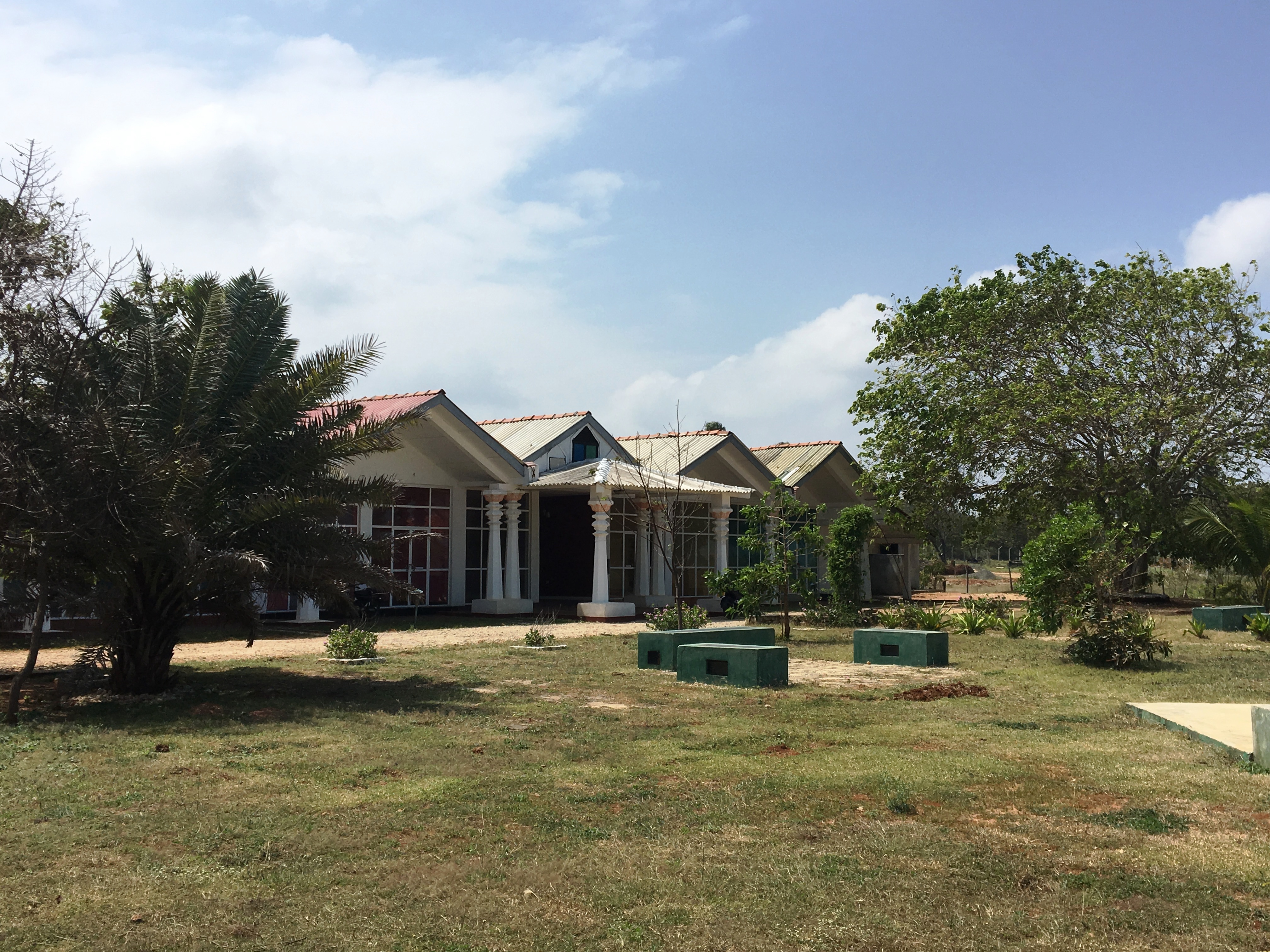
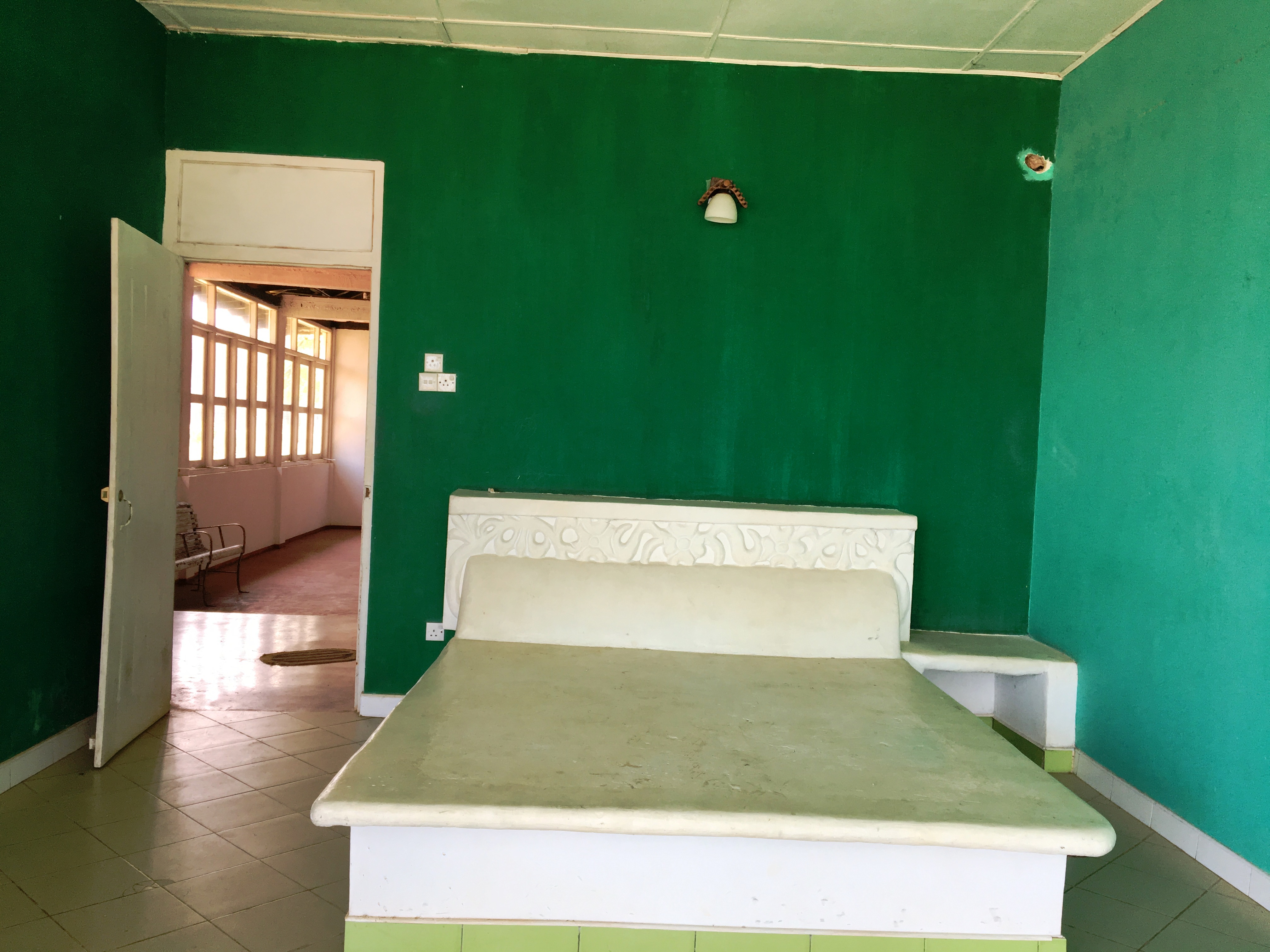
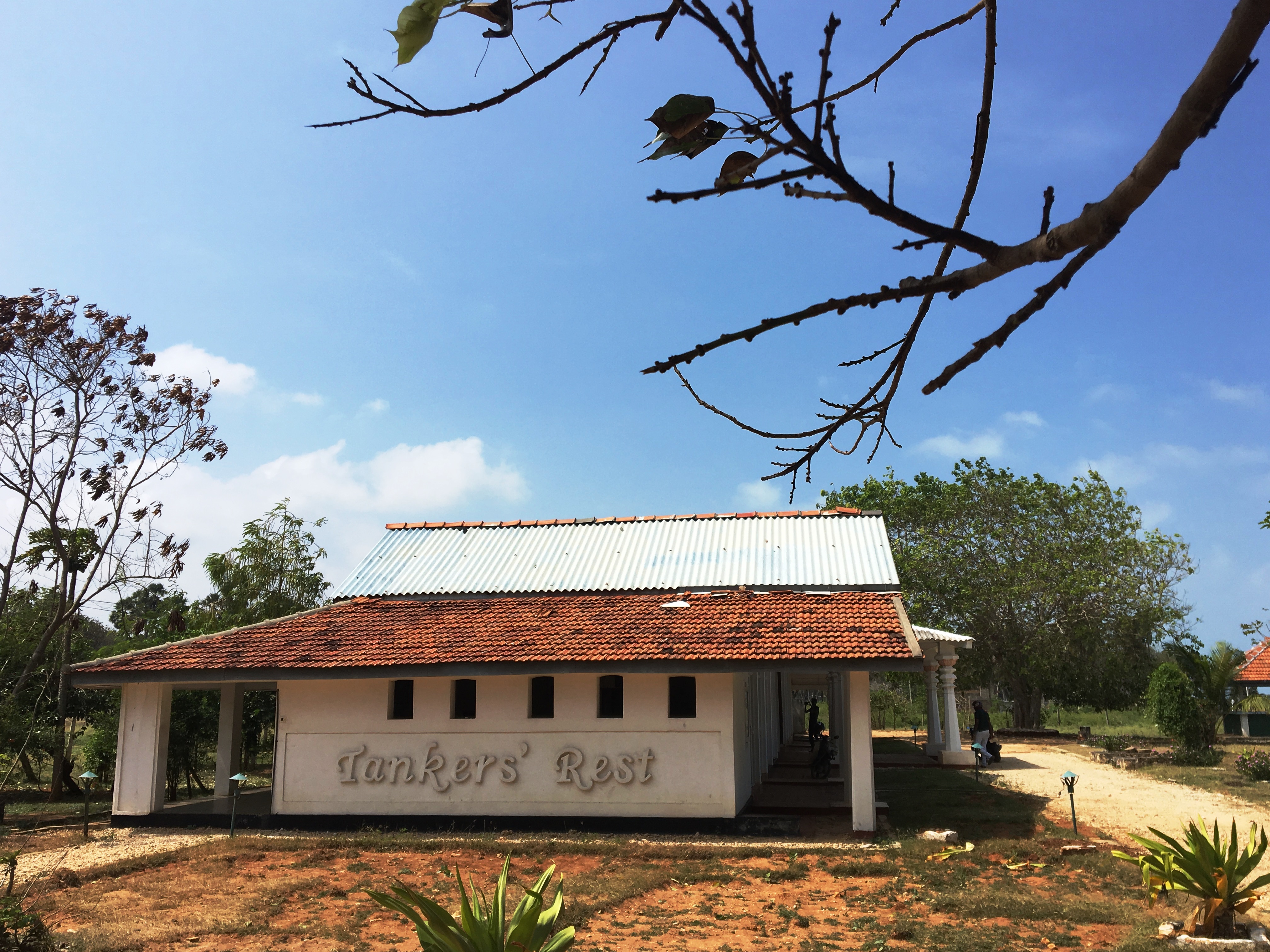





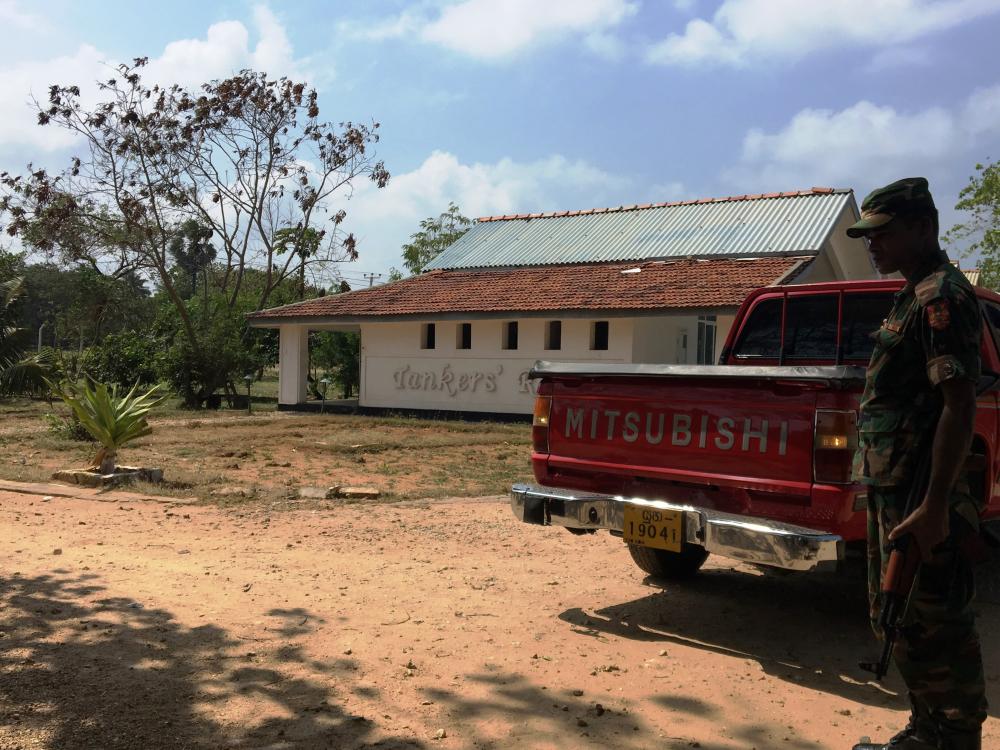


 A key principle of the human rights movement is its appeal to universality: the idea that all human beings should struggle in solidarity for a common security and human values. This is exactly the basic Samasamajist principle. Due to the rise of Stalinism and association of communism in Russia and China with regimes without political freedom, there came a split between Samasamajism and human rights.
A key principle of the human rights movement is its appeal to universality: the idea that all human beings should struggle in solidarity for a common security and human values. This is exactly the basic Samasamajist principle. Due to the rise of Stalinism and association of communism in Russia and China with regimes without political freedom, there came a split between Samasamajism and human rights.

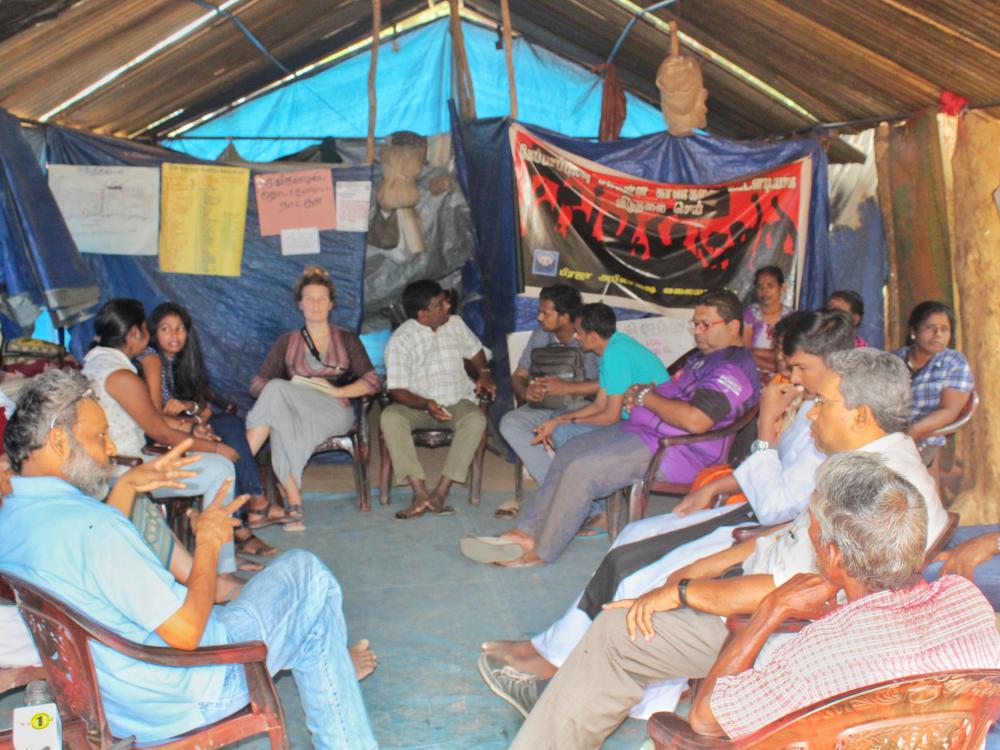

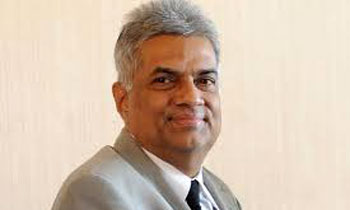

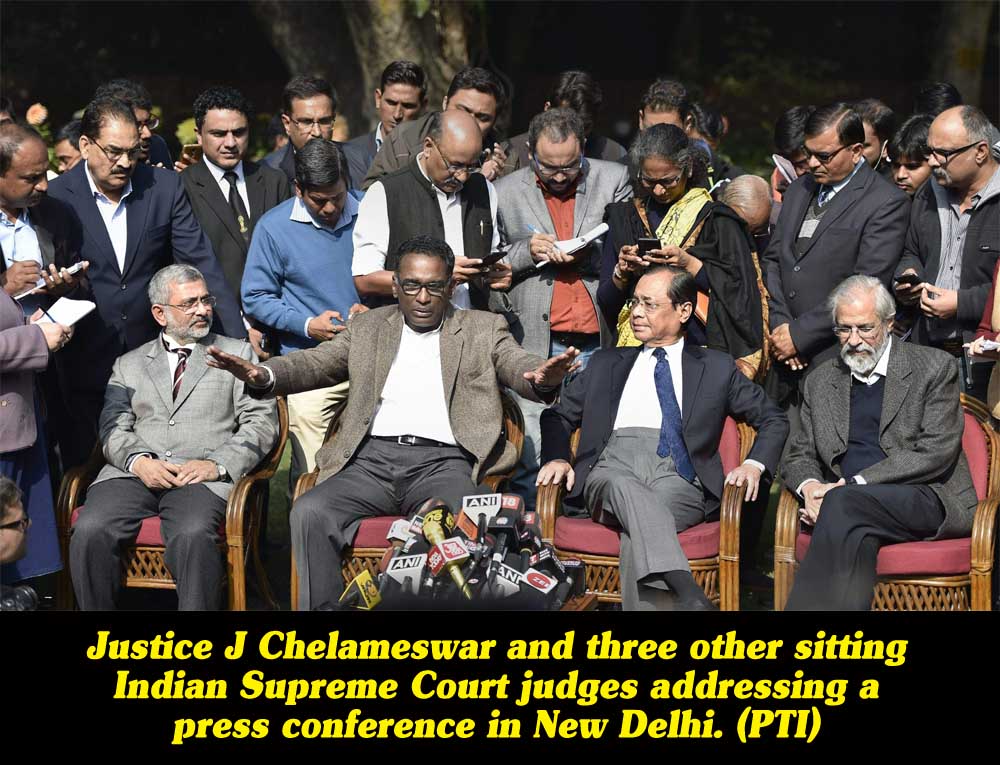

-tas-1.jpg)

